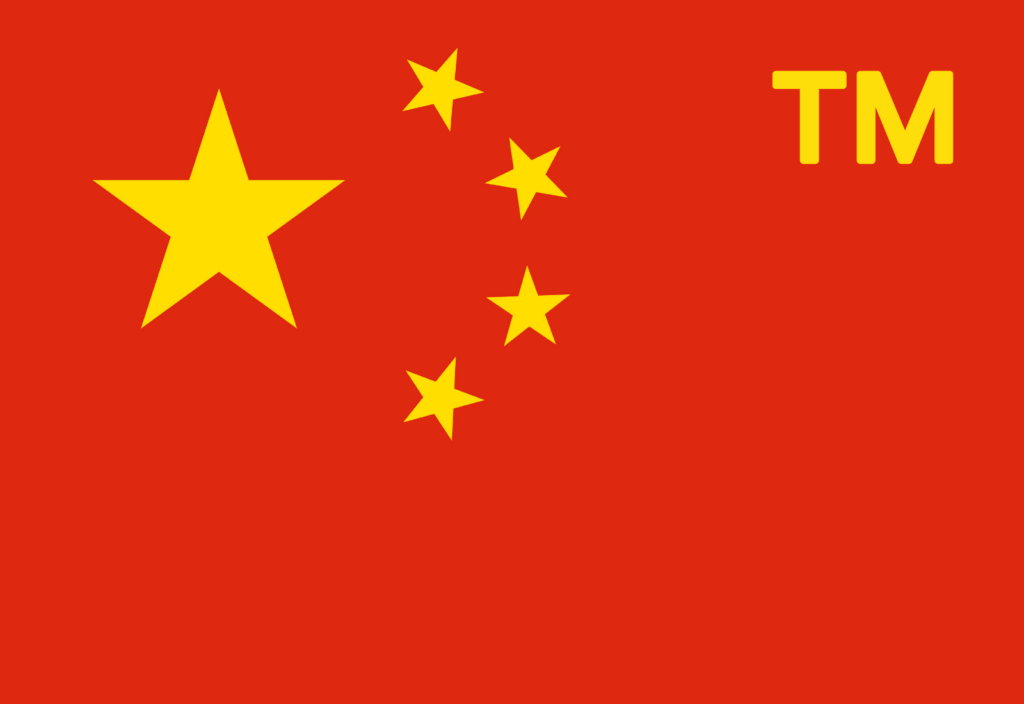For a variety of reasons, many brands (and not just American ones) include U.S. state names in their trademarks. However, registering state name trademarks in China is an uphill battle for most applicants. Brands doing or planning to do business in China should keep this in mind when crafting their brand protection strategies.
Why Won’t China Register U.S. State Name Trademarks?!
According to the China’s Trademark Law, “no … foreign geographical names known to the public may be used as trademarks, except where geographical names have other meanings” (Art. 10).
A strict reading of “other meanings” could limit that exception to the few cases where the word that makes up the state name has independent meaning. For example, colorado means “red” in Spanish and nevada means “snowfall.” In practice, however, the trademark examiners at the China National Intellectual Property Administration (CNIPA) are directed to look at marks in their entirety for other meanings, as directed by the Guidelines for Trademark Examination and Trial.
When Can U.S. State Name Trademarks Be Registered?
CNIPA (and its predecessor) has registered trademarks belonging to American universities that include the state where they are located, even though strictly speaking the state name does not have another meaning in those instances. For example, UNIVERSITY OF CALIFORNIA BERKELEY is registered in several classes (Nos. 3911637 to 3911639).
Similarly, the registration of certain sports team trademarks that incorporate state names has also been allowed. For example, the NFL registered MINNESOTA VIKINGS (No. 6354250) in 2010.
Applications filed by official entities are also looked at favorably, at least in some cases. The State of Idaho Potato Commission registered IDAHO POTATOES in two classes (Nos. 3362716 and 3362717).
So What’s the Problem?
As illustrated by the examples above, CNIPA trademark examiners will sometimes treat state name trademarks in a way that yields a sensible result. Unfortunately, the chances of obtaining such a sensible result drop considerably for applicants that are not a major university or professional sports team.
In part this is due to the ambiguity of the rules. However, it’s also a reflection of the economic constraints faced by SMEs, many of which are unable to justify the expenses associated with the appeals that may be required to sway CNIPA. And to be fair, the public is more likely to be confused as to the origin of goods and services when faced with a lesser-known brand’s trademarks.
For Now, Be Careful with State Name Trademarks
Clearer parameters on this issue would be welcome. In addition, CNIPA could more robustly use disclaimer requirements, to let the public now that the brand in question does not have the exclusive right to use the U.S. state name. Until such changes take place, however, brands with U.S. state name trademarks will continue to face uncertainties when registering those marks in China, particularly if they lack deep pockets.
For brands in the earlier stages of establishing their identity, these limitations are well worth keeping in mind, if they have China plans. More established brands may need to consider workarounds, such as choosing a Chinese name that does not incorporate the U.S. state name.

























